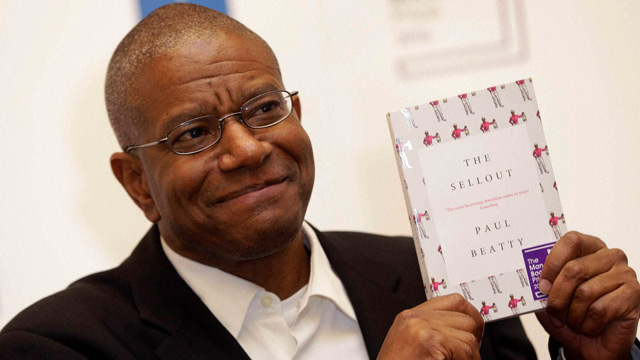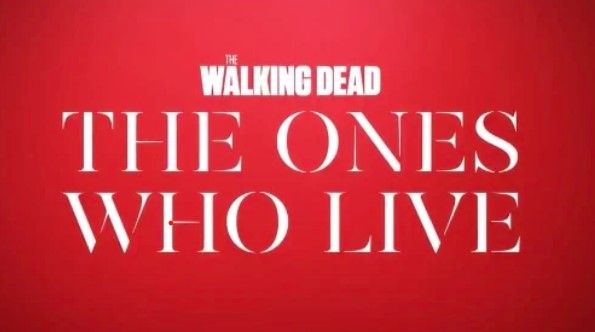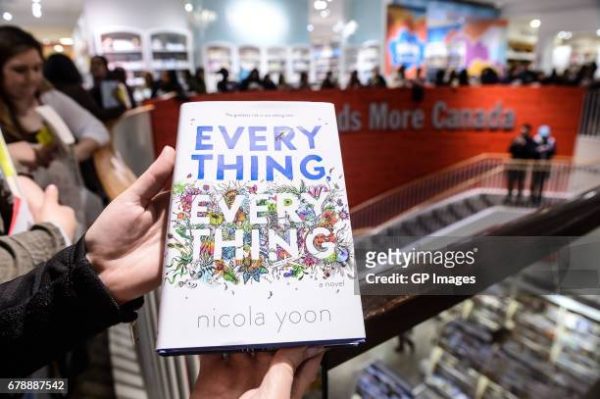The Sellout: Racial Identity In a New Light
April 6, 2017
Just a forewarning, if you are easily offended and cannot handle the cold hard truth of American injustice, don’t read this book.
This entire novel is about shedding light on the ever-prominent issue of race. The author, Paul Beatty, does so in a way that gives us as a reader something to laugh about, while keeping things eye-opening to real life issues many cannot say they are not directly effected by. Beatty is the first American author to ever win the superlative Man Booker Prize. From Southern California to New York City, 54-year-old Beatty was raised up on Nobel Prize literature. His 1990 winning of the Nuyorican Poets Cafe poetry slam championship scored him his first-ever book deal. Beatty’s literature probes into the exploration of anthropology and the repeating of history. “It was a hard book for me to write; I know it’s hard to read. I’m just trying to create a space for myself. And hopefully that can create space for others.”
“The truth is rarely pretty, and this is a book that nails the reader to the cross with cheerful abandon. It plunges into the heart of contemporary American society” – Amanda Foreman, head of the Man Booker Prize Judging Panel
A black man, with a desire to re-instate racial segregation and black slavery. The novel’s African-American narrator takes us through his life of growing up with a sociologist for a father who subjected him to daily psychological treatments. The story takes place in a small town of Los Angeles, Dickens. So small, that it is taken off the map. Upon the narrator’s father’s unjustified death, leaving him another minority victim of police brutality, the narrator sets out on a social experiment of his own: reinstating racial segregation. Ultimately, the possession of a slave, and setting back his African-American neighbors 70 years into back to the bus, lands him before the Supreme Court.
This novel is vulgar, crude, satirically blunt, chuck-full of irony, and a must-read for anyone in need of a better understanding of systematic oppression, sociological questions, and racial inequality.











